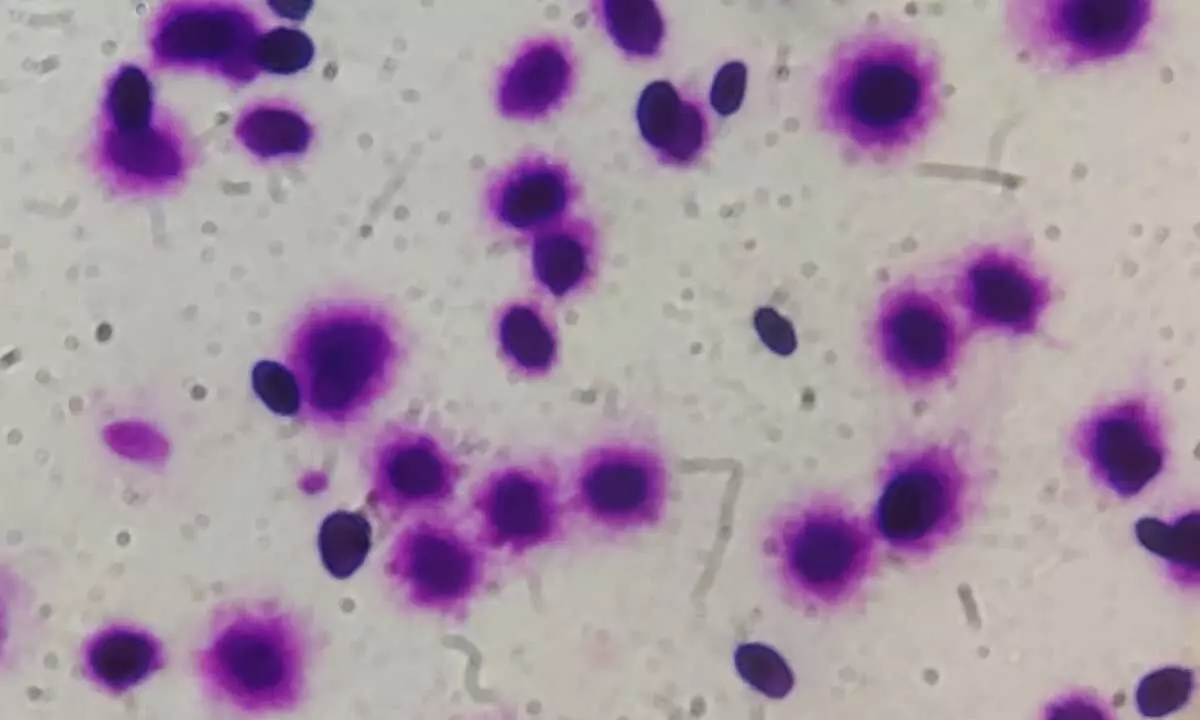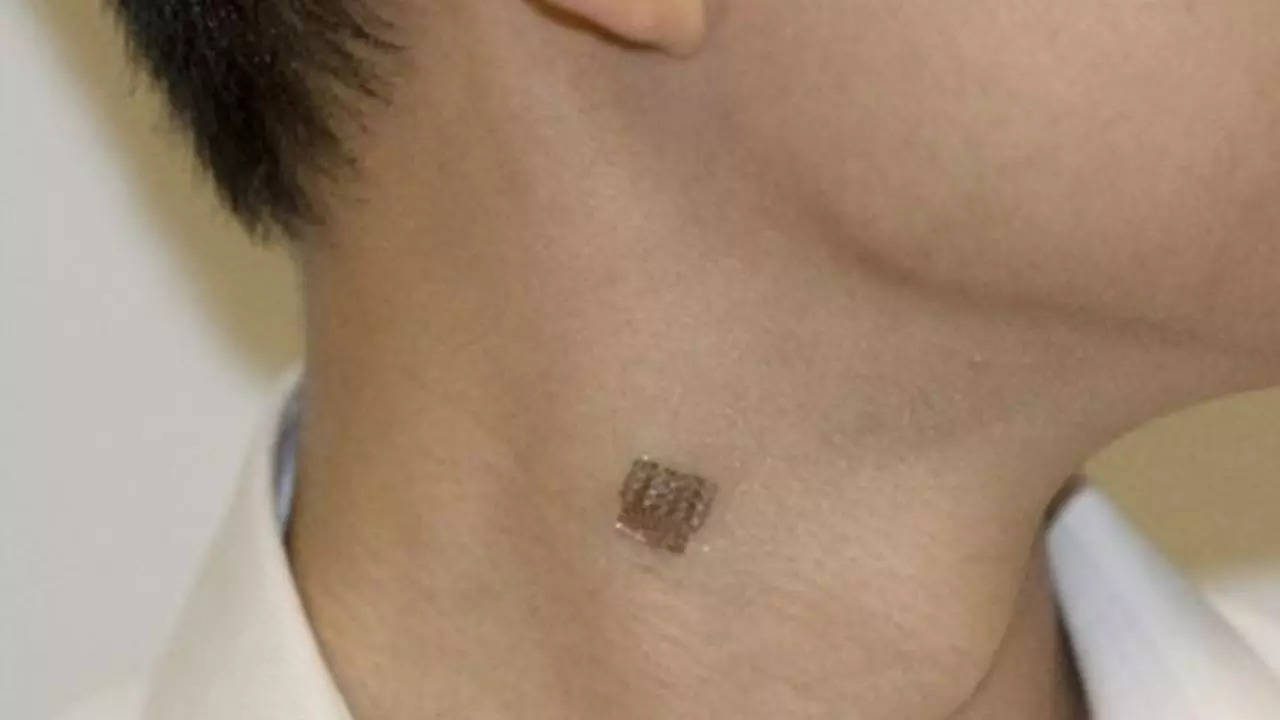Bengaluru: Infertility is becoming quite a common issue giving rise to Assisted Reproductive technology (ART). Well, though IVF (in vitro fertilization) is one of the most popular ART because of its success rate, does defective sperm DNA have an impact on the IVF procedure? Yes, it can raise pregnancy complications or the baby can be born with defects. Approximately 15% of all couples are affected by infertility, with a male factor being solely responsible in about 20% of couples and contributory in another 30–40%.
While sperm DNA damage is broadly defined as any defect in sperm chromatin structure, sperm deoxyribonucleic acid (DNA) fragmentation (SDF) relates specifically to the single—or double-stranded breaks (SSBs or DSBs) within DNA strands. So, the high number of broken strands can increase the chances of developing preeclampsia in the mother and also increase the chances of early birth in case of IVF fertilization. Because to have a successful fertilization and embryo development it is important to have healthy sperm.
Before any ART procedure, the quantity, shape, and mobility of male sperm are typically assessed. Although the results could appear normal, problems could still arise. Potential sperm damage is identified by the DNA Fragmentation Index (DFI), which gauges the genetic material of the sperm's integrity and damage.
It is thought to be an important metric for assessing the quality of semen. It is deemed healthy if the DFI is less than 15%. However, a DFI .


















